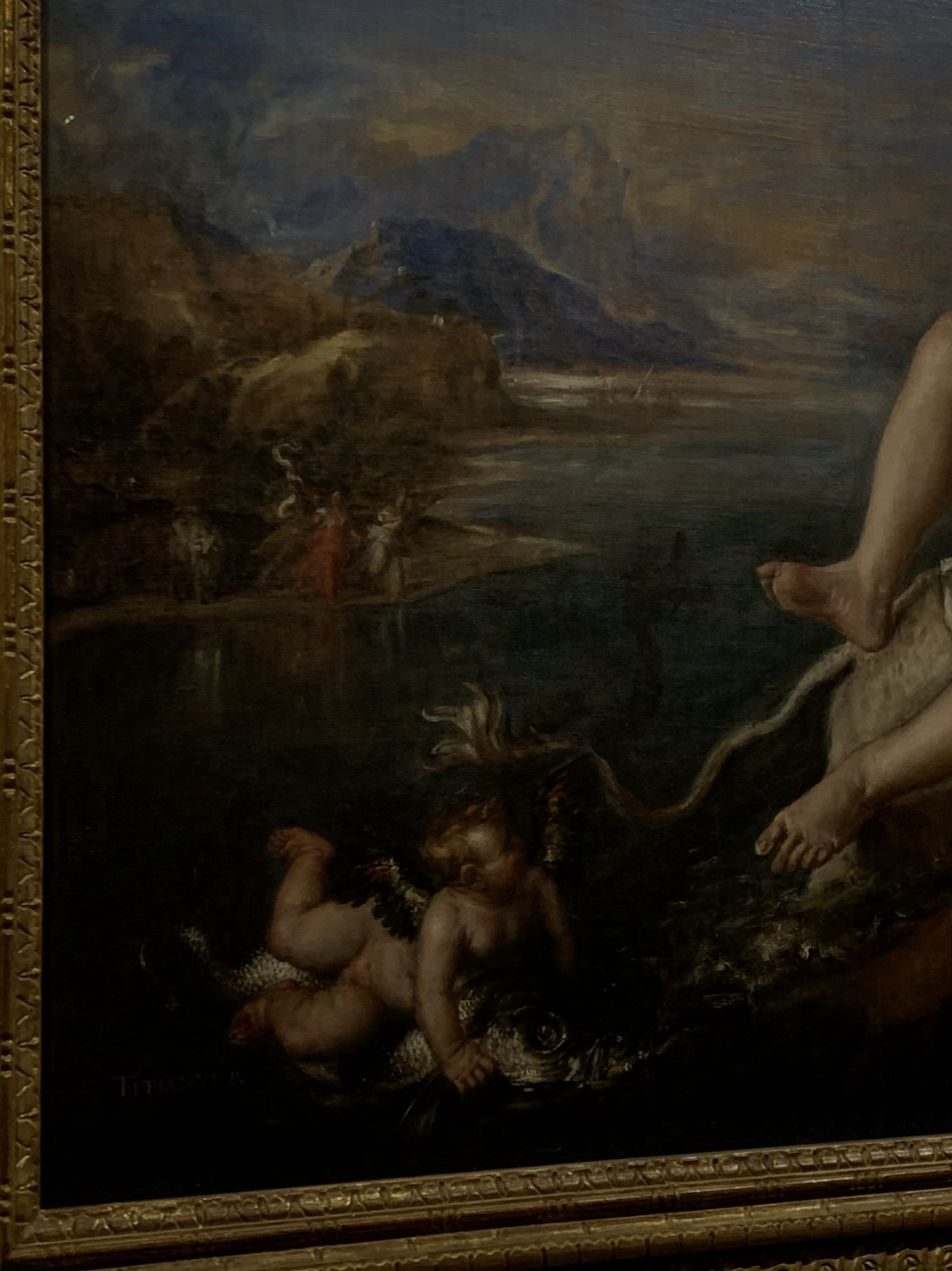Top classics-related activities we recommend!
- Viola

- Feb 2, 2020
- 3 min read
Introduction
When studying classics, it's important to take a break from the seemingly extensive pieces of literature and immerse yourself into what we have left of the ancient world. As Ovid says getting 'out and about' may not only nourish your intellectual hunger, but you may find a lover in the process too! If you're unsure about where to start, here are some the events we've enjoyed, to offer you a little inspiration.
1. The British Museum
Having been to the Troy exhibition (twice), we can honestly say it was not only beneficial academically but a beautifully presented exhibition. We won't dwell for too long on the exhibition and you can read our blog post (if you haven't already) about the Troy exhibition. Not only this, but the British Museum also has a constant supply of displays from all eras of the ancient world; Egypt and Greece to Rome.
2. Ashmolean Museum: Last supper in Pompeii
This exhibition 'celebrates the Roman love affair with food and wine. Pompeii is the focus, from fertile countryside to bustling bars, fine houses and finally the banquet, with rich furnishings and sumptuous decor'. Studying the A level course, it's been brought to our attention that food is slightly overlooked in regards of its importance in Roman culture. Food in fact was a large part of the culture, and in the biggest aspects of public life, food heavily featured; food is present with the gods and superstition, in death and it even had the power to prove your wealth. Without giving too much away about the exhibition (see future blog post), it showed the varying impacts of food and dining, be it social or religious, from life to death and the afterlife.
3. University Open Days
Many universities, including Oxbridge, offer taster days for aspiring classics students. We went to the Oxbridge classics day where we heard talks from students about what they love about their degree, what job options you can get with your degree, and what you can combine classics with. Then you could pick from a series of activities to go to; we went to Beginners Ancient Greek, Language morphology and we went to see an exhibition in the museum. The day was a really good insight into the university life for a classics student and widened our view on the extensive reach that classics have. We also had a chance to speak to some of the professors who could personally explain to us what a website or a leaflet can't. We have also signed up for King's College London classics taster day this year and would recommend you to do the same.
4. Lectures
There are many universities who offer lectures to the public, which the only criteria being to sign up. These allow you to learn something beyond the syllabus that may be a bit more challenging. Most universities will have this scheme, for example, UCL; https://www.ucl.ac.uk/classics/news-events/events/housman-lectures
You can also listen to lectures online, ranging from the short but explosive TED talks to 6 or 8 week-long MOOC courses in ancient Greek.
5. Plays
Especially when studying greek tragedy, sometimes one thing that can arguably prevent us from fully understanding is that we have to read the play as scripts. Going to see a theatre performance brings the play to life and fills in some of the gaps in our perception of the plays, although they, of course, will not be identical to the ancient ones. A lot of universities put on student plays, meaning that the tickets are more affordable (around £15) and some of the plays are the ones set in the syllabus!
6. Podcasts
There are many innovative and easily accessible podcasts on the internet covering almost everything. You can listen to lectures from experts such as Edith Hall for free, or professors from Oxford, Cambridge, Kings, Princeton and countless other universities from around the world. For Latin, some podcasts even go the extra mile and do the whole thing in Latin, such as the podcast quomodo dicitur. You can also learn about the history of Rome or Greece, or analyse one area such a Greek tragedy. This can be found on the podcast app on an iPhone or on the BBC. Here are a few we recommend;
Conclusion
These are just some of the many events possible to go out and see which will help to improve and expand your knowledge, and only in London too! There are countless opportunities and you should take as many of them as you can.
Until next time,
Zoe and Viola


























Comments